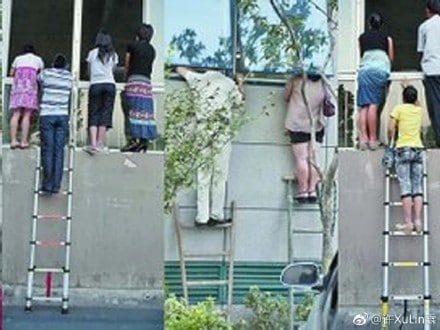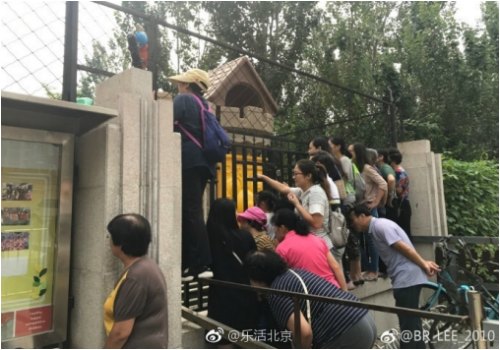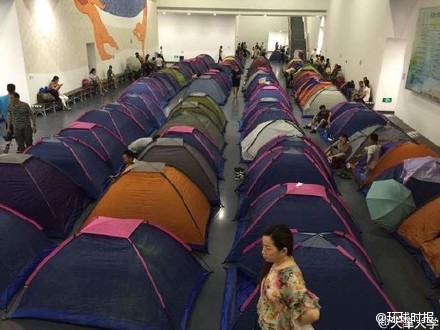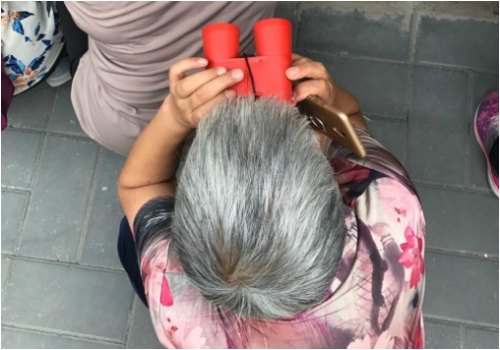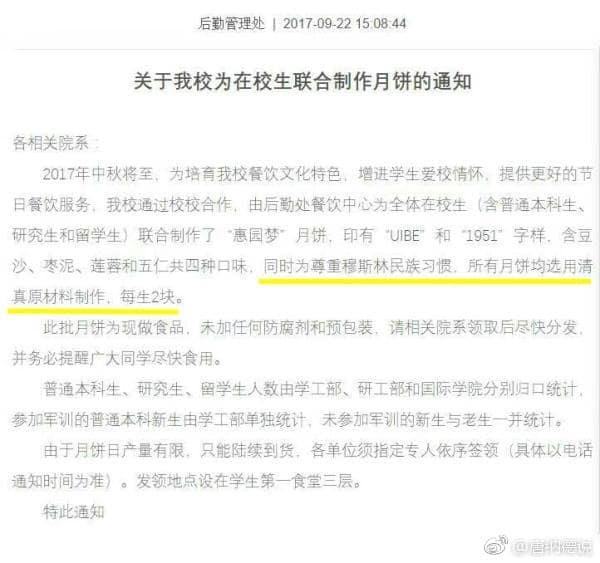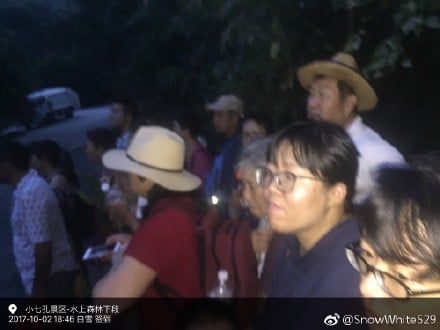“This is the first case in the history of the internet that an app closes down because its founder committed suicide, and that the reason for the suicide is a malicious wife who basically killed him,” ‘Brother News’ (新闻哥), a popular WeChat account, wrote on September 11.
The death of Beijing IT entrepreneur Su Xiangmao (苏享茂), aged 37, indeed has gotten everybody talking on Chinese social media over the past days, making headlines in hundreds of newspapers in mainland China and Taiwan.
It is the dramatic narrative behind the tragedy that has captured Chinese netizens – especially because a large part of this story takes place online.
Su’s suicide note, in which he says his 29-year-old ex-wife blackmailed him into paying her 10 million RMB (±1.5 million US$), was placed on Chinese social media right before his death with her personal details, along with an app notification which also sent users his ex-wife’s phone number.
A suicide note and online revenge
Su Xiangmao is known as the founder of the well-known WePhone software, a Skype-like app that allows users to make phone calls and send text messages to other WePhone users for free. Su Xiangmao jumped to his death from the balcony of his apartment in the early morning of September 7.

Shortly before his death, Su published his suicide note on social media which revealed his grievance about the nasty divorce between him and his ex-wife Zhai Xinxin (翟欣欣).
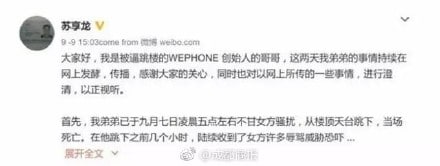
See full translation of suicide note here
In his online suicide note, Su says that he had met Zhai through dating site Jiayuan.com and was only briefly married to her when she suddenly changed in behavior. The pair agreed to divorce, which is when the situation turned bitter, the note says.
Zhai allegedly blackmailed Su into paying her over a million dollars and leaving his home in Sanya to her. She intimidated and harassed him, and threatened to take his app offline through her uncle, an influential government official. The situation eventually left Su so exhausted that he decided to sign the divorce papers, losing all of his capital.
In the suicide note, Su says it is “vicious woman” Zhai who actually killed him. He ends the public note with her home address, phone number, and office address.

An app notification sent to all users of WePhone said: “The owner of this company is killed by his evil wife Zhai Xinxin [phone number]. WePhone is suspending its services!”
In search of the truth
In the aftermath of the suicide, online discussions continue to play an important role in the search for the truth about what happened to Su, and whether or not Zhai is legally guilty of extortion, with various friends or witnesses coming forward through online media.
Reports by netizens about the case are flooding social media under hashtags such as “Suicide of WePhone Founder”(#wephone创始人自杀). Generally, ex-wife Zhai is seen as the culprit who terrorized Su to such an extent that he eventually saw suicide as his only way out. Some say Zhai even is a professional scammer who received large sums of money from two previous marriages.
Family members of Su have confirmed to Chinese media that in the hours preceding Su’s suicide, he received numerous text messages from Zhai with insults and threats, saying he needed to give her money or else she would report his “illegal income” or “grey business” to the police and make sure he would end up in jail. Screenshots of these messages have been leaked online.
They also say that during the time they were married, Su spent no less than 13 million yuan (nearly 2M$) on Zhai in buying her a house and a Tesla car.

But there are also others, including former classmates of Zhai, who say Zhai was a top student at a prestigious Beijing university and that she is now an ambitious career woman who has no reason to scam others for money.

On September 12, Zhai’s uncle Liu Kejian also stated that he had no part in any situation involving Mr. Su, and that he had never even met him.
And to what extent can the dating site where Su and Zhai met, Jiayuan.com, be held accountable for this tragedy, some wonder. Jiayuan is an online dating platform meant for people who are looking to get married. If Zhai had indeed married twice before and is a professional scammer, then the site should have known this and should have deleted her from their database, according to some netizens’ views.
Jiayuan issued a statement regarding the case, saying the couple were its VIP members. The dating site also said it will assist in any police investigation into Su’s death.
“A second Ma Rong”
To some extent, the WePhone founder case resembles the 2016 divorce case of Wang Baoqiang and Ma Rong. Uncoincidentally, many netizens on Weibo refer to Su’s ex-wife as “a second Ma Rong.”
Ma Rong became the most-hated woman on Chinese social media in 2016 when she cheated on her husband Wang Baoqiang, a popular film star, and later sued him for defamation of character. Many called the young Ma Rong a ‘golddigger’ who only married Wang for his money.

Similar to the current WePhone case, Chinese social media played an important role as the marriage crisis between Wang and his wife unfolded within a matter of days after Wang placed a public message on Weibo accusing his wife of cheating with his agent and announcing the divorce.

With every piece of news coming out on the Wang divorce drama, netizens jumped right on it to vent their opinion or to scold Ma Rong. As now, netizens turned into private detectives on the matter, inspecting old photos for clues that Ma Rong was indeed having an affair before or finding out her address and number and publishing them online, along with dozens of other official papers or screenshots serving as evidence in the case.
On September 12, a new website was set up by Chinese netizens (zhaixinxin.com), fully dedicated to the WePhone case and exposing the alleged lies by Zhai.
As with the Ma Rong story, it is probable that this case is not a “today’s newspaper is tomorrow’s fish and chip paper” case; with new facts popping up, the case will inescapably become the trending topic of the day again until netizens are satisfied with the answers they have found.
As one netizen (@猎头老王V) says: “I want to know how the country will deal with the Zhai Xixi case. We need answers so Su Xiangmao can rest in peace.”
By Manya Koetse
Follow @whatsonweibo
Thanks to contributors Sidney Wu & Miranda Barnes
Spotted a mistake or want to add something? Please let us know in comments below or email us.
©2017 Whatsonweibo. All rights reserved. Do not reproduce our content without permission – you can contact us at info@whatsonweibo.com.
The post Questions Surrounding Tragic Suicide of WePhone Founder Su Xiangmao appeared first on What's on Weibo.

















